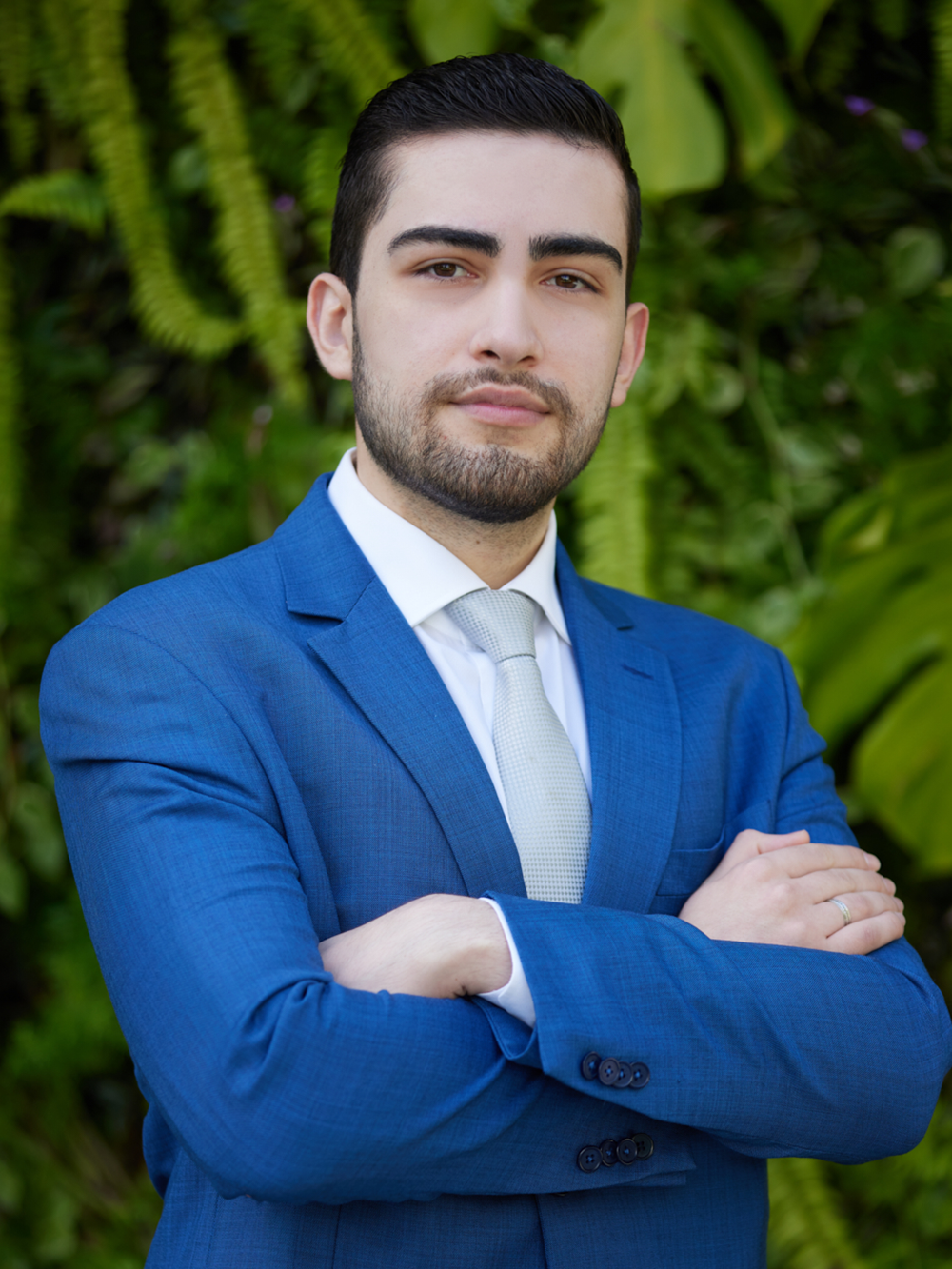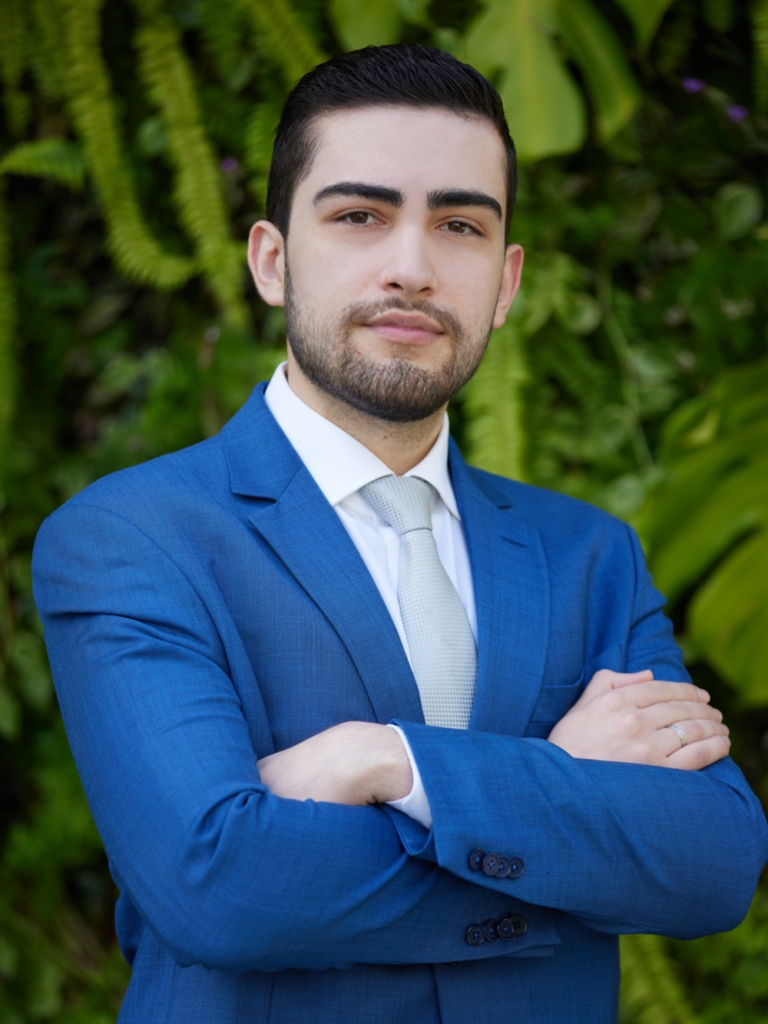By Matheus André Ribeiro
The Federal Supreme Court has scheduled for May 14 the judgment of General Repercussion Topics 843 and 914, which could have an impact of up to BRL 36.1 billion on the federal government if ruled in favor of taxpayers.
Regarding Topic 843, the Court will decide whether presumed ICMS (State VAT) credits should be included in the PIS and COFINS tax base. In essence, taxpayers argue that presumed ICMS credits do not constitute revenue or gross income, but rather a tax incentive. Therefore, such amounts should not be subject to taxation, as they represent a mere cost recovery. The tax authorities, on the other hand, argue that the PIS and COFINS tax base encompasses all revenue earned, which would supposedly include the presumed ICMS credits, as they are effectively incorporated into the company’s equity.
This case began to be heard in 2021, with a majority of Justices (6–5) initially voting in favor of the taxpayers, establishing the thesis that “including presumed ICMS credits in the PIS and COFINS tax base is incompatible with the Federal Constitution.” However, following a request for case review (destaque) by Justice Gilmar Mendes, the score was reset.
There are high expectations for a favorable outcome for taxpayers, especially considering the strong connection with Topic 69/STF, decided in March 2017, where the Court recognized the taxpayers’ right to exclude ICMS from the PIS and COFINS tax base.
Although the Justices are not bound by the votes cast in the earlier session, the votes of Justices Ricardo Lewandowski, Rosa Weber, and Marco Aurélio (in favor of the taxpayers) will be maintained. Conversely, Justices Cristiano Zanin, André Mendonça, and Flávio Dino will not participate in the judgment.
It is also worth noting that in May 2023, Justice André Mendonça ordered the suspension of all cases involving the exclusion of presumed ICMS credits from the PIS/COFINS tax base. If taxpayers prevail, the Budgetary Guidelines Law (LDO) estimates a revenue loss of BRL 16.5 billion over five years.
As for Topic 914, the Supreme Court will examine the constitutionality of the CIDE (Contribution for Intervention in the Economic Domain) levied on remittances of funds abroad.
Originally, CIDE was established by Law No. 10,168/2000 (as amended by Law No. 10,332/2001) to apply to payments abroad related to licensing agreements, technology transfer, technical services, and administrative assistance contracts, with the primary objective of promoting technological development in Brazil.
However, in practice, its scope has been gradually expanded to cover virtually all outbound payments, including royalties and various types of remuneration. This led taxpayers to challenge what they consider to be an overreach of the CIDE tax base as outlined in the legislation. Furthermore, taxpayers argue that there has been a deviation from the original purpose of CIDE, claiming that the funding of academic activities, scientific research, and technological training should rely exclusively on revenues from taxes, not contributions.
The federal government, in turn, defends both the formal and substantive constitutionality of CIDE, arguing that its imposition is legitimate in other economic domains, such as the provision of specialized technical services. It also asserts that CIDE is a legitimate tool to support public policy and does not require a direct or immediate counterpart (i.e., a specific finalistic purpose) for each taxation event.
Thus, the STF will assess whether the expanded application of CIDE aligns with constitutional limits, particularly in light of the tax’s regulatory purpose and the scope of its application as defined by law. The decision will have a direct impact on international transactions involving royalty payments and technology transfers for companies engaged in contractual relationships with foreign entities. Should the Court rule in favor of taxpayers, the 2025 Budgetary Guidelines Law projects a BRL 19.6 billion loss in federal revenue over five years.
Given the Supreme Court’s recent pattern of modulating the effects of its tax rulings, in the event of a favorable decision for taxpayers, it is possible that only those who have filed a lawsuit before the date of judgment (May 14) will be entitled to recover unduly paid amounts from the last five years.
The Tax Law Team at Marins Bertoldi Advogados is closely monitoring the developments of the aforementioned cases and remains at your full disposal to answer any questions and to assist you in assessing the implications for your business.







